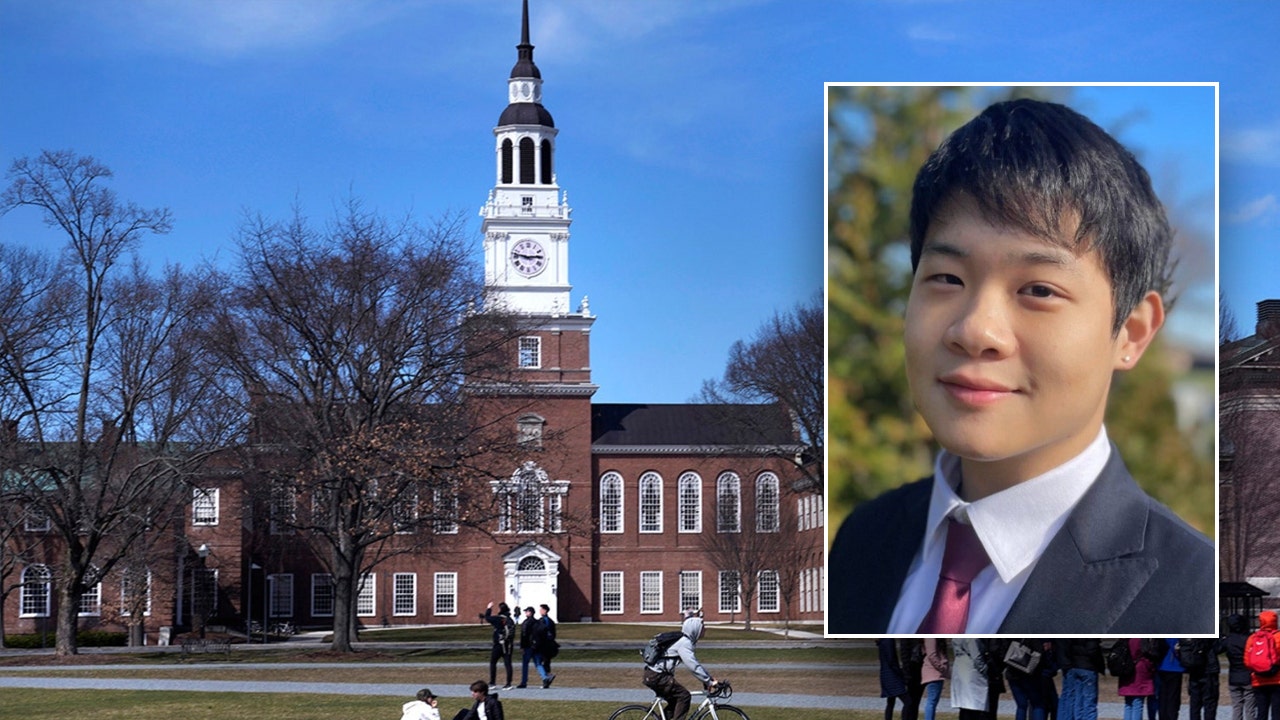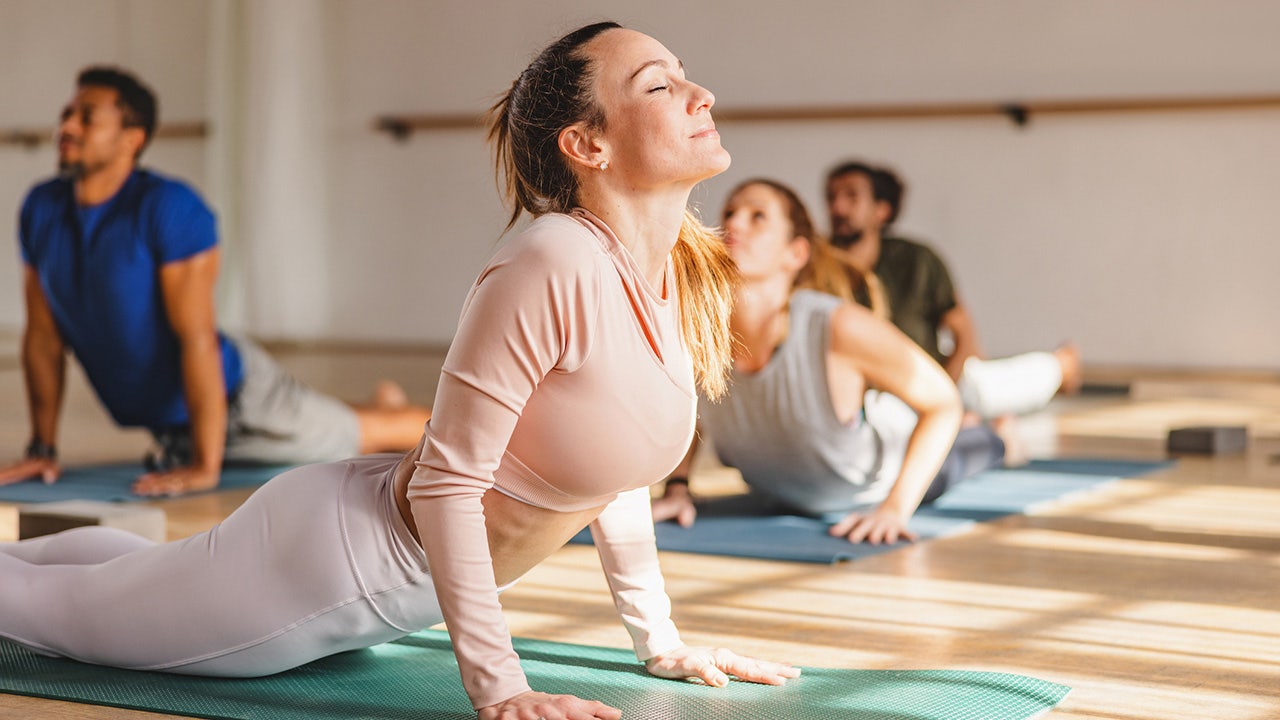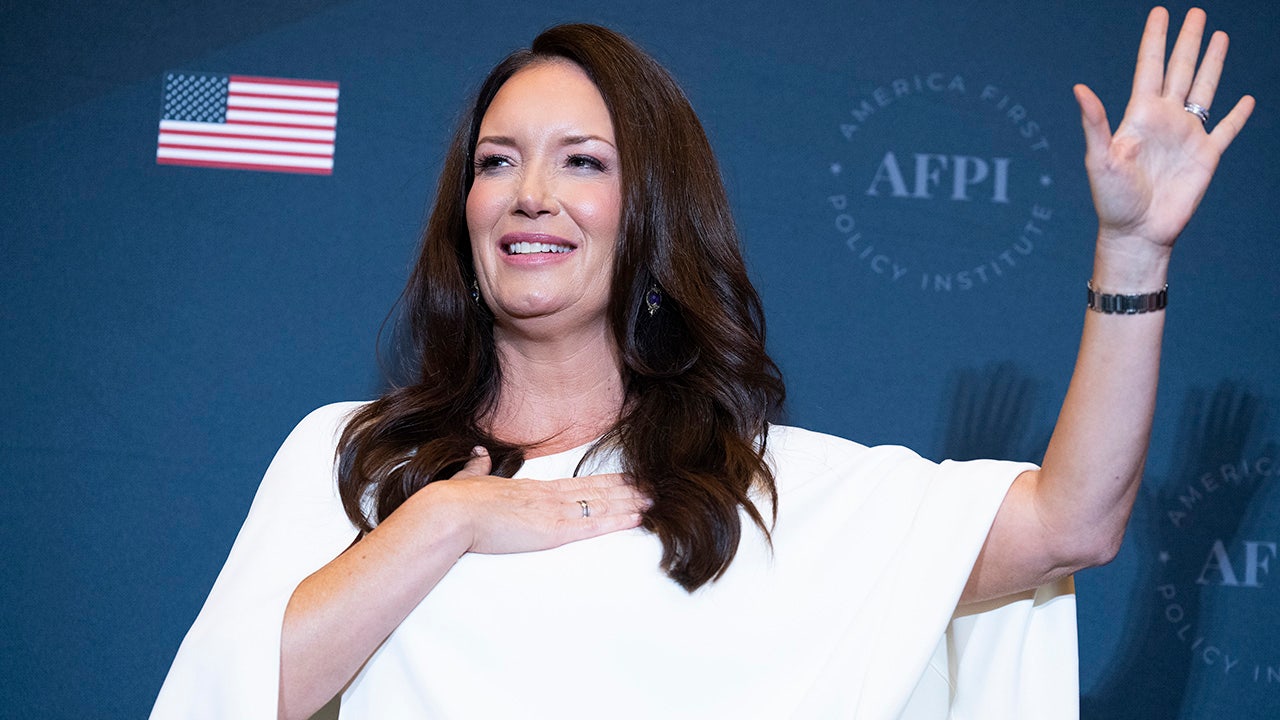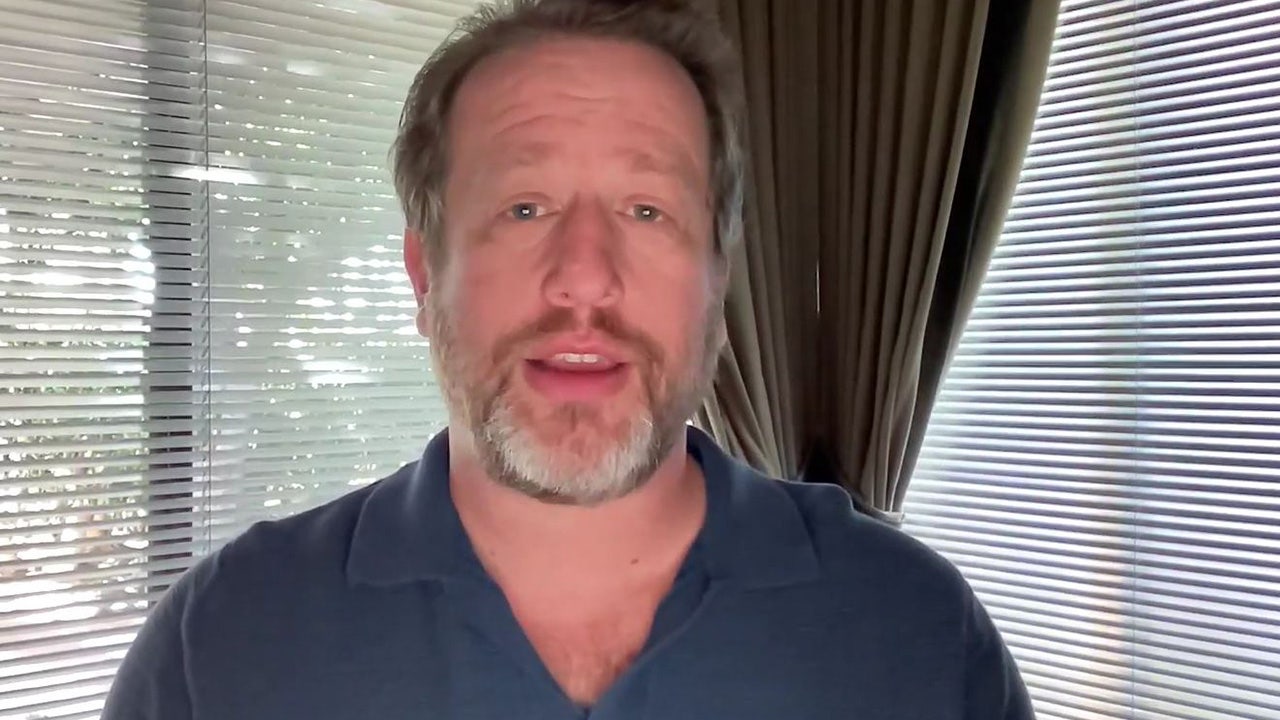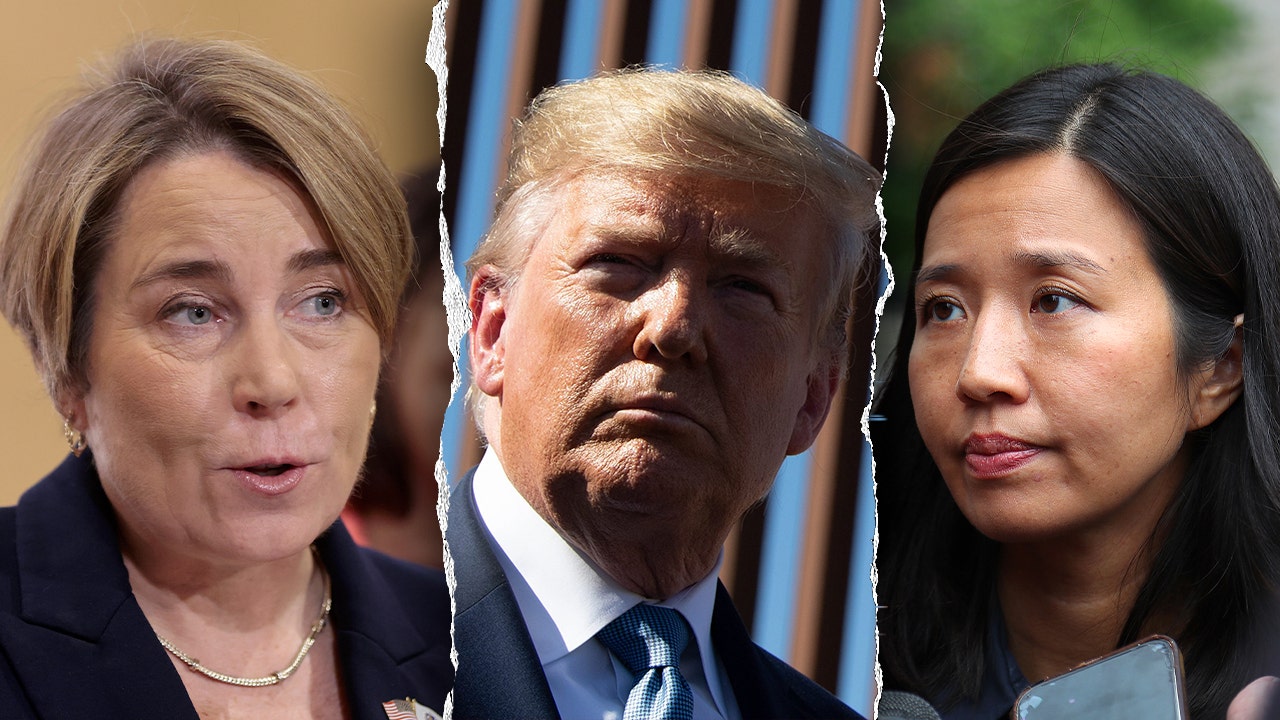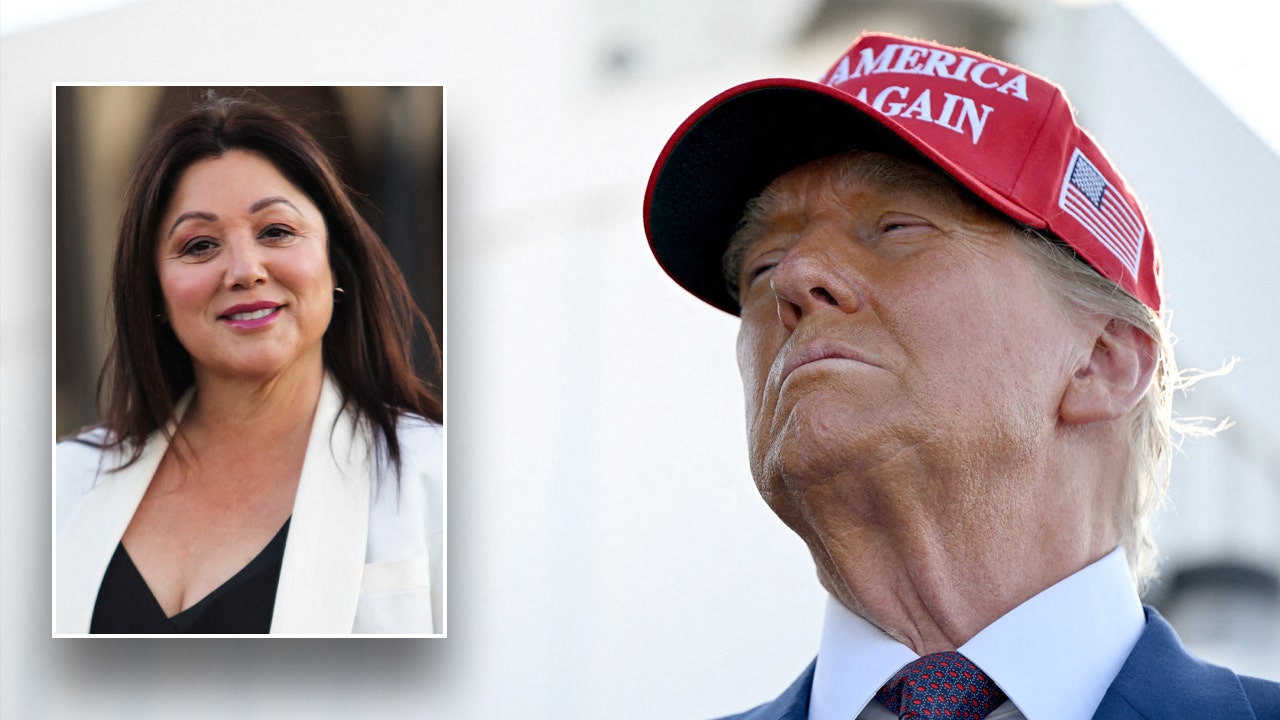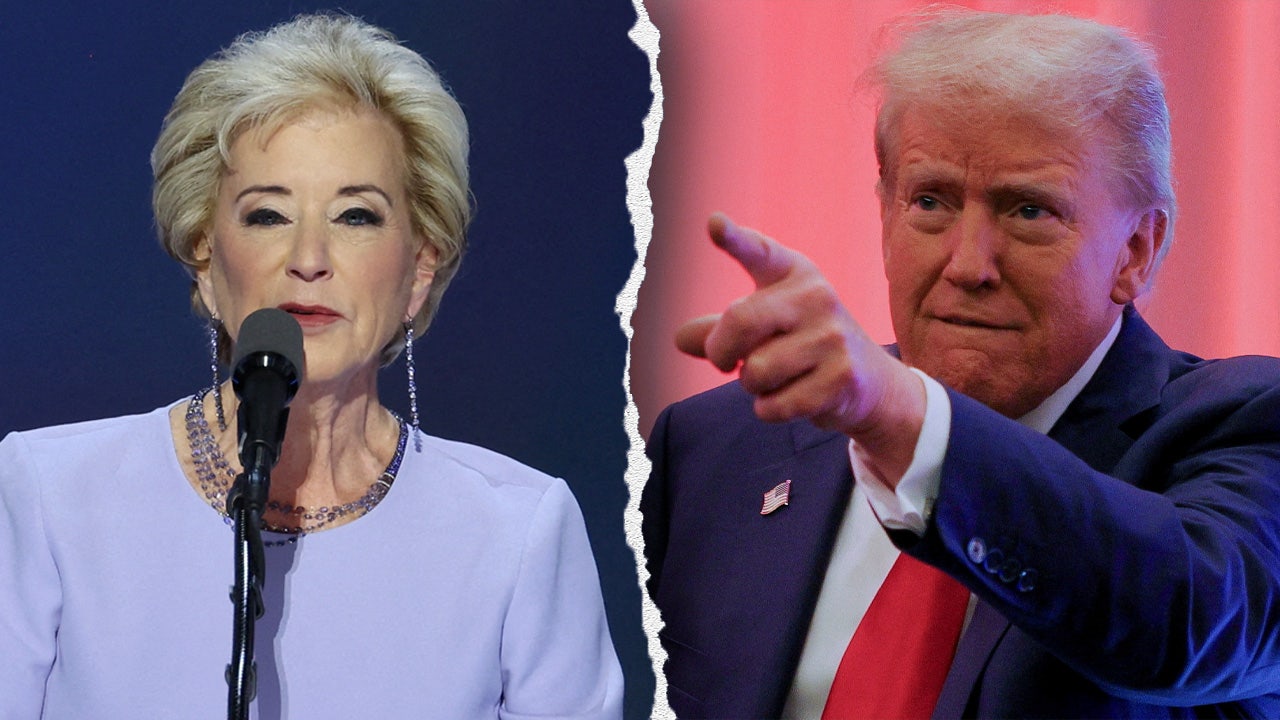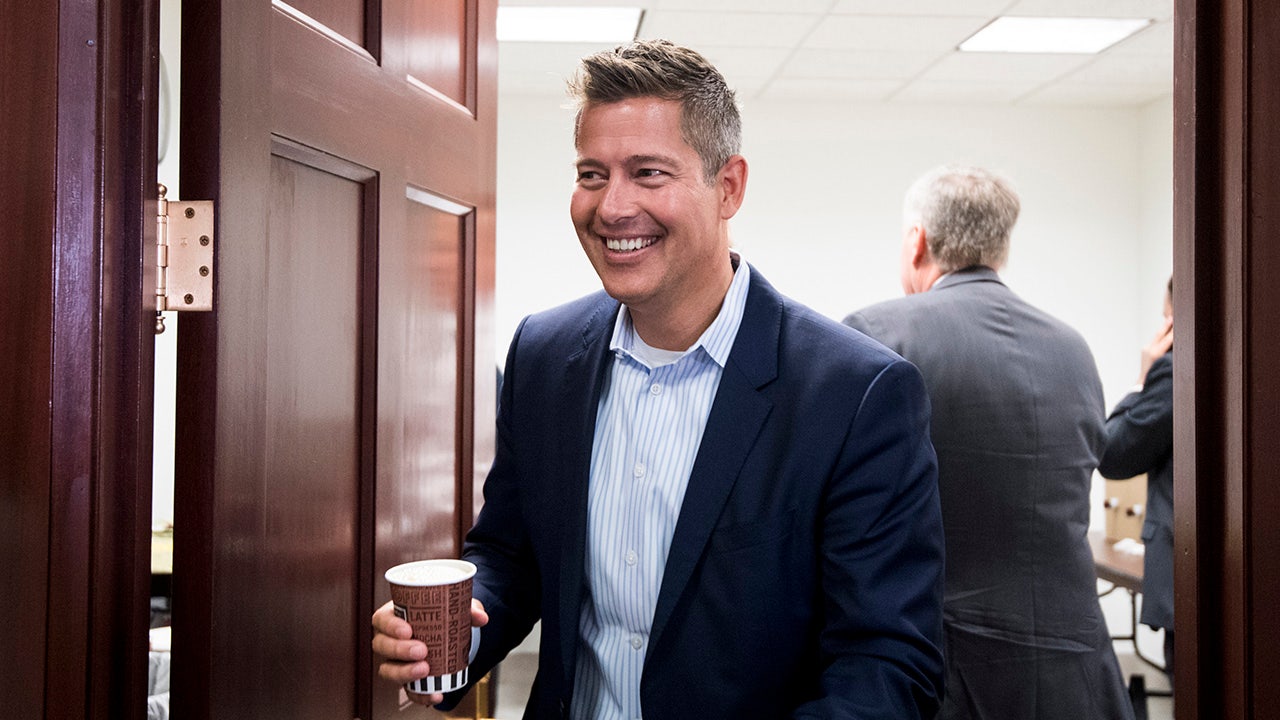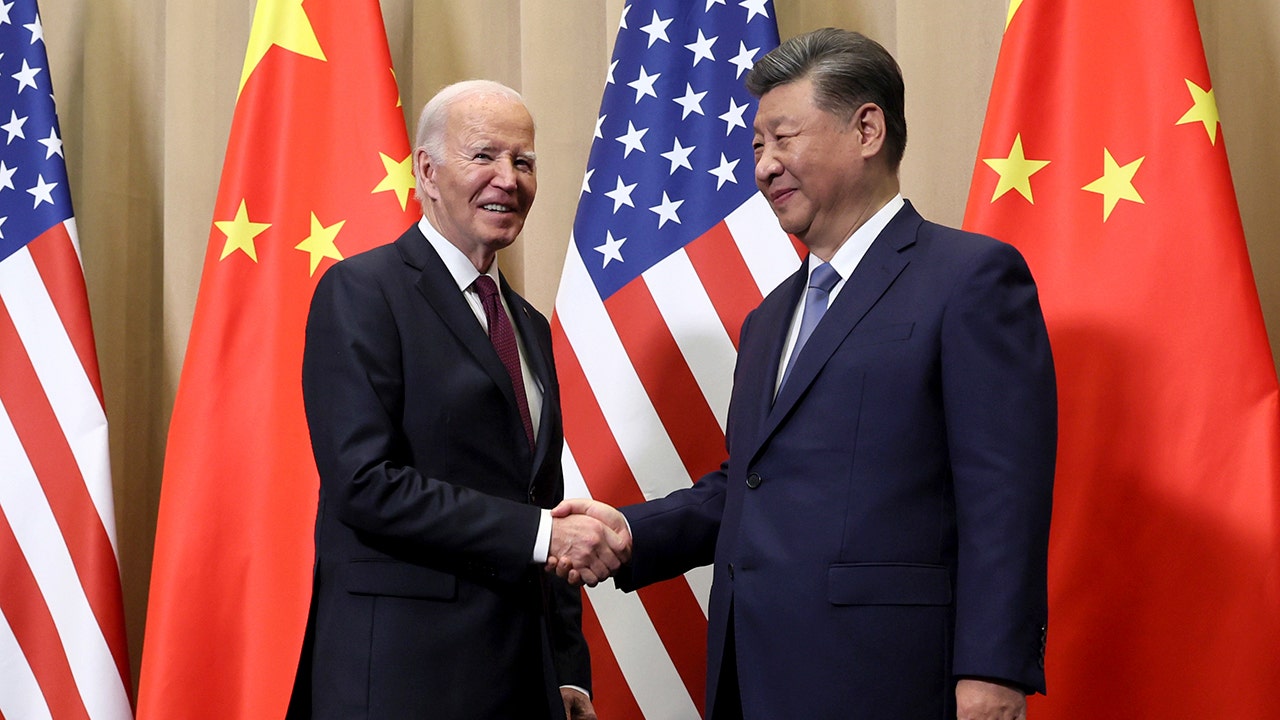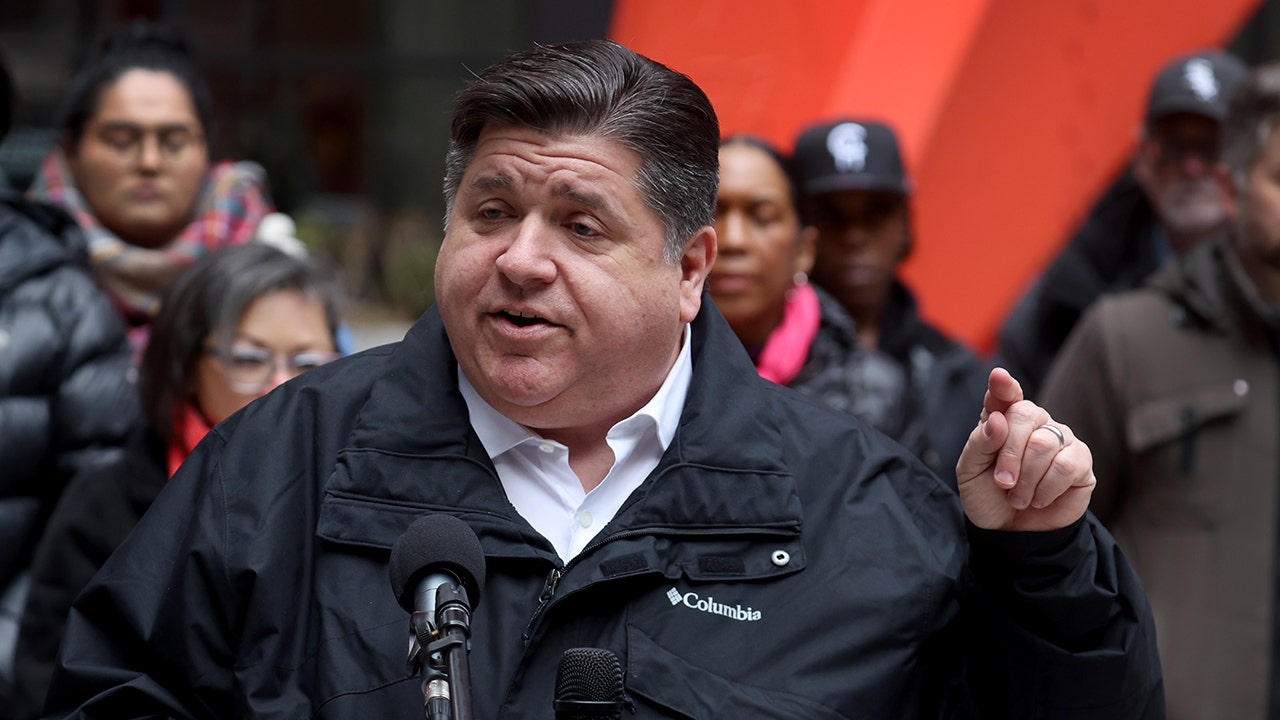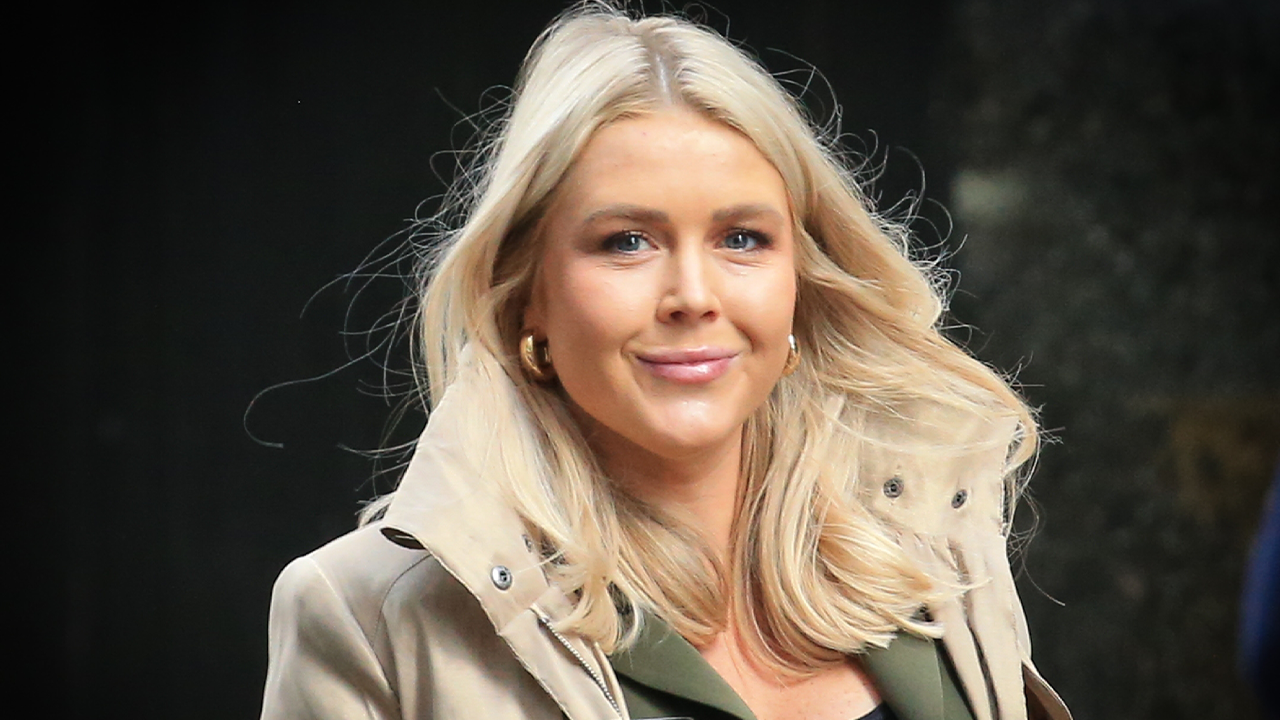The campus art museum doubles as a voting hub. There are voter registration tables seemingly everywhere. Even the sleeves at the campus coffee shop have a message: “Wolverines: Let’s Vote Early.”
So Jade Gray bristles a bit at this hypothetical: What if Kamala Harris comes up just short in battleground Michigan?
“If she comes up short in Michigan, I don’t think it’s because of young voters,” said Gray, a former co-president of the University of Michigan College Democrats who graduated in May. “I think it’s probably because we waited too long to make a switch of the candidate.”
Voters aged 18-29 are a vital piece of the Democratic coalition. They were crucial to Joe Biden’s 2020 Michigan win and in the dramatic state-level gains the party made in 2022. But young voters’ level of support is a big question for 2024 because of anger and disappointment with how the Biden-Harris administration has handled the Israel-Hamas conflict.
“I don’t think there is any blame to put on young people or people of color or Muslim voters in this election cycle, and I quite frankly don’t really want to hear about that,” Gray said in an interview. “I think that you got to put that on campaigns, and you have to put that on the elected officials that are running for office. I sure hope she doesn’t come up short in Michigan, because I don’t really want to be talking to people about how young people should have done more when I feel like we’re doing a lot.”
The conversation with Gray and Anushka Jalisatgi, also co-president of the College Democrats last school year, was our third in 11 months. Both are part of a CNN project, called All Over the Map, designed to track the 2024 campaign through the eyes and experiences of voters who live in battleground states and are part of crucial voting blocs.
In the two prior conversations, both said Biden’s age was a concern for many young voters who felt little connection to the octogenarian president. Now, with Harris as the Democratic nominee, the energy and enthusiasm difference is obvious.
Gray now works as a digital organizer for a progressive group.
“I have noticed a significant shift in activity, across the board,” Gray said.
Jalisatgi is back on campus as a first-year law student, and just switched her voter registration to Michigan.
“A lot of my out-of-state friends are switching their registration to Michigan because it is a battleground state,” Jalisatgi said.
And while Gray and Jalisatgi have moved on, the College Democrats are in high gear for election crunch time. A Harris campaign official stopped by a meeting during our latest visit and a crowded room of students spent time phone banking after getting a pep talk from the state’s Democratic governor, Gretchen Whitmer.
“The work that you are doing is so important and I am energized by what I see happening with all these Dem clubs on campuses. You are kicking a**. So, we just got to keep rolling through,” Whitmer said over a video link.
Democratic Rep. Debbie Dingell stopped by in person, and warned against overconfidence.
“I’m going to look you all in the eye and tell you, neither candidate is winning in Michigan right now.”
The almost everywhere-you-look focus on registration and early voting at the Ann Arbor campus is remarkable.
One registration table we stopped by on our latest visit was in a familiar spot: on the same campus path where students last semester built an encampment to air their grievances at Israel, at the Biden administration and at school officials they were pushing to divest from companies that do business with Israel.
The school will not allow a new encampment, so it is harder to gauge how much the raw anger of last semester has carried over to the new school year – and into voting decisions.
“A lot of that energy, because it can’t happen in a physical space – it’s still occupying a lot of online space,” Gray said.
Jalisatgi sees it directed less at Harris and more at university officials.
“People still very much care that this is ongoing and that the university is complicit in contributing to it,” Jalisatgi said. “I’m seeing universities putting out a lot of new free speech guidelines, new regulations for how they want to curb free speech or how they want to regulate it.”
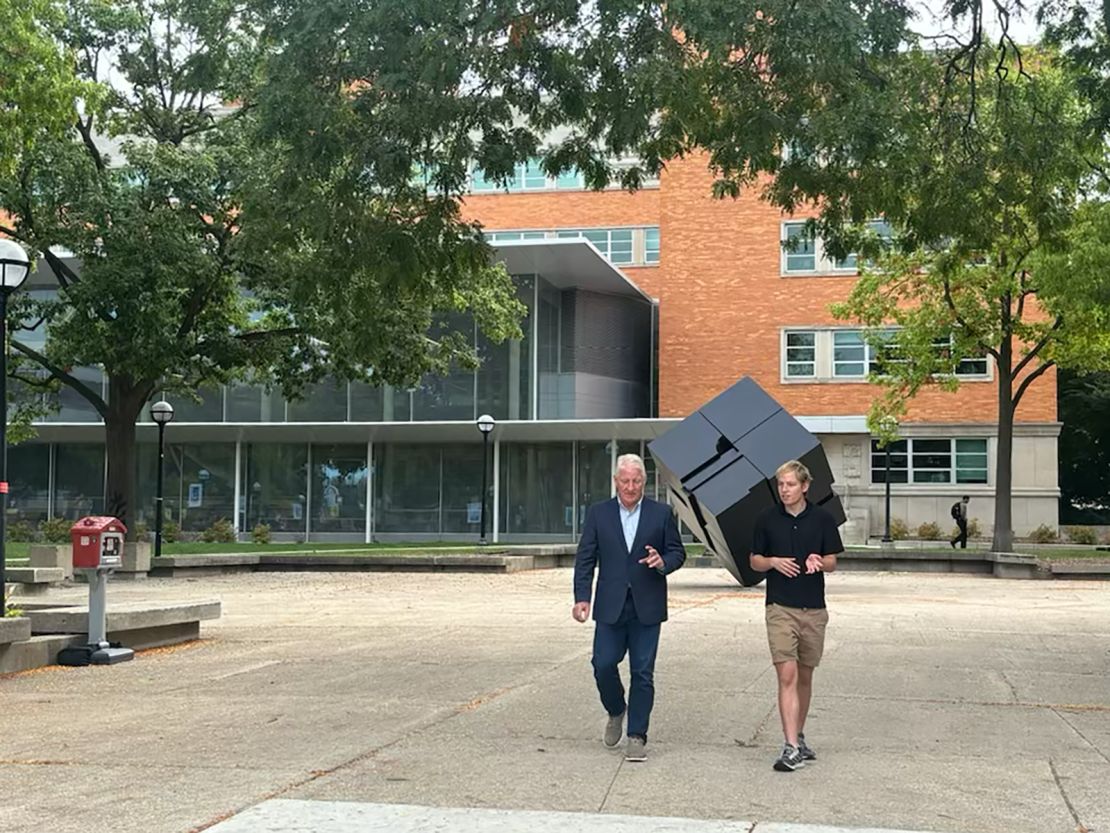
The Ann Arbor College Republicans would not let CNN into a meeting they held during our recent visit.
Member Max Scheske, a junior, said attendance and energy are up some as the election draws close. But he also said the group was pretty evenly divided when it comes to enthusiasm for Donald Trump.
“We certainly do have our, you know, ‘Trump is basically Jesus’ wing of he club,” Scheske said. “But we do have a very sizeable, you know, very critical of Trump.”
Scheske describes himself as libertarian and Trump as a populist. “So, he is kind of hit or miss with me,” Scheske said.
There are Harris yard signs and posters and placards all around Ann Arbor. Signs of Trump support are much harder to find. On campus, Scheske said Trump’s unequivocal support for Israel makes it harder to win over Democrats critical of the Biden-Harris administration’s defense of the Jewish state.
“If it was up to me, he would not have been the Republican nominee,” Scheske said.
The biggest risk for Harris is that young voters stay home, skip the presidential line on the ballot, or vote third party.
In May, Wayne State student Summer Matkin was leaning third party. Biden was the Democratic nominee then, and she had concerns both about his age and the Israel-Hamas conflict.
Now, she calls Harris “the safest option” even though she is frustrated the bloodshed in the Middle East continues.
There were signs of trouble for Harris, though, when we stopped by a meeting of the Wayne State Syrian Students Association.
The roughly 20 students in the room did not want to be quoted by name or have their faces captured on camera. But when asked if they would have a hard time voting for Harris, nearly every hand in the room went up.
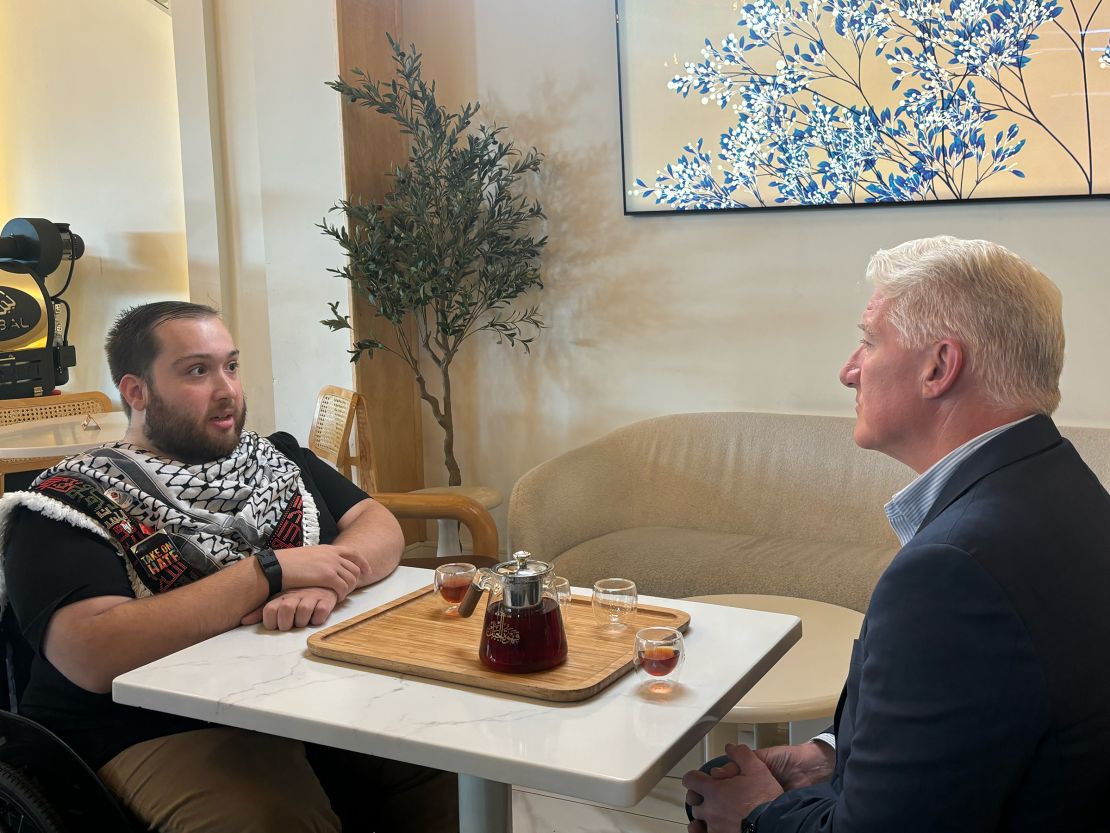
Likewise, Wahbeh Nuseibeh, a 26-year-old Wayne State student, said he would not vote for Harris in 2024 after voting for Hillary Clinton in 2016 and Biden in 2020.
“We feel a sense of betrayal,” said Nuseibeh, who is Palestinian.
“I’m not voting for Kamala Harris. I cannot in good conscience,” he said. In his view, his tax dollars pay for bombs shipped to Israel “to kill my friends and family overseas.”
Nuseibeh will likely choose a third-party option.
“Donald Trump is a threat to our democracy and a threat to our society,” he said in an interview at a Yemeni coffee shop in majority Arab American Dearborn just outside Detroit.
Maya Siegmann will cast her vote for Harris, though she found the vice president’s debate answers far too vague.
“She didn’t directly answer most of the questions and seemed to go around them or could not give a real answer,” Siegmann said. “And when the topic of the Israel-Hamas war came up, there wasn’t really a solid response as to how she would solve it.”
Siegmann is active in the Hillel campus Jewish organization at Wayne State and just got back from a summer in Israel. There, she said, she was asked a lot about public opinion in the United States.
“The response was basically that the propaganda war, the social media war, the news war that Hamas and Israel are fighting, Hamas is winning right now,” Siegmann said.
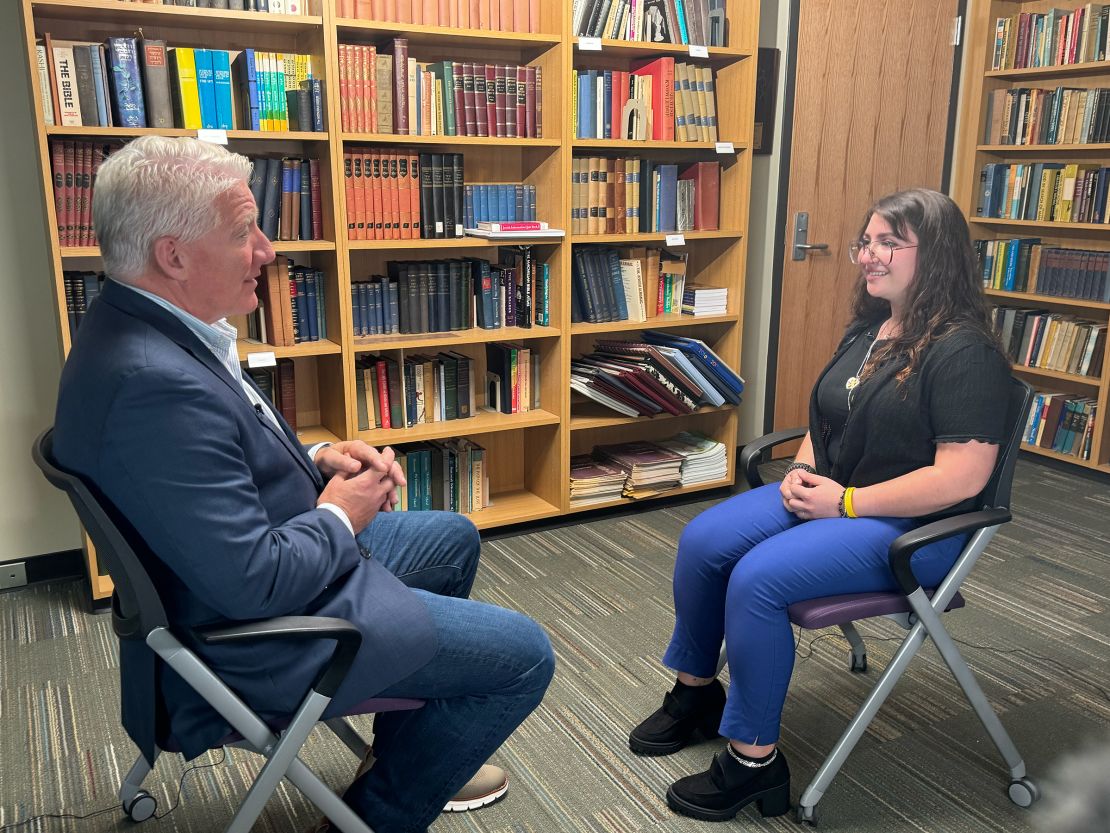
Last year was tense on campus and as both the October 7 anniversary of Hamas’ attack on Israel and then the US election draw near, Siegmann said she is mindful that emotions could get high again. She is a proud Jew and fervent supporter of Israel, but she is also critical of Israeli Prime Minister Benjamin Netanyahu and his conduct of the war.
But she says such nuance can get quickly lost when passions get high.
“I worry that when it does come up, because we have different classes, like policy classes, that it will be an argument and less a discussion.”
The campus has a large Arab and Muslim population, and Siegmann said this semester she is making more of an effort to get to know classmates better.
“These are people I am going to be with until I complete my degree or degrees,” she said. “So I want to kind of form that solid groundwork so that I can build off that.”
Read the full article here




